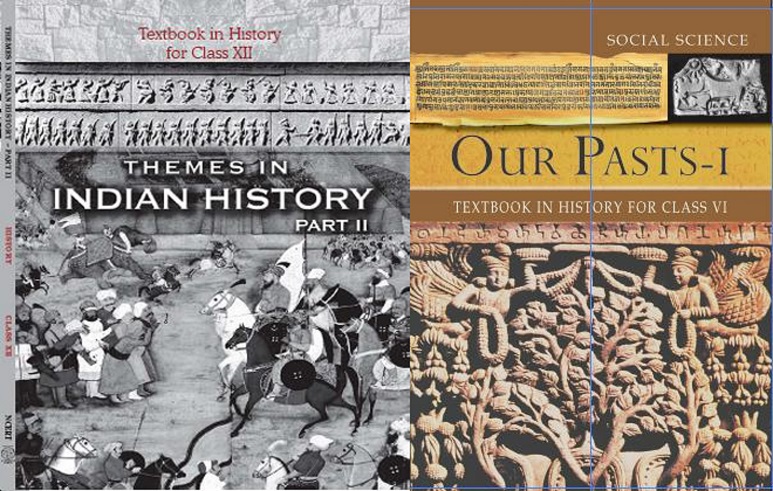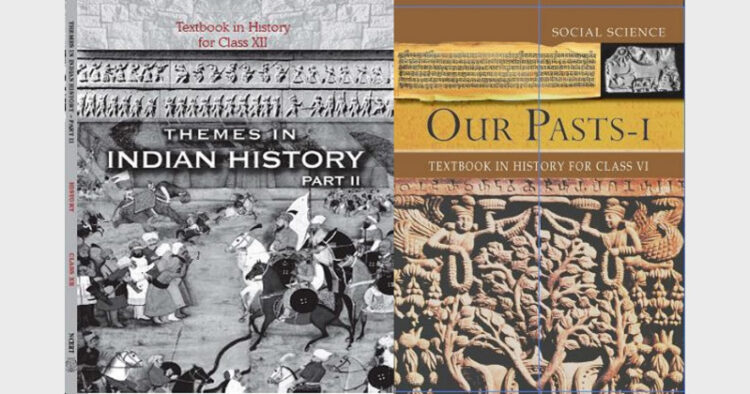
The Parliamentary standing committee on education, women, children, youth and sports had its last round of consultations about textbooks reform.
Delhi-based think tank Public Policy Research Centre submitted to the Parliamentary standing committee on education, women, children, youth and sports that NCERT textbooks give more weightage to Muslim chroniclers like Ibn Batuta and Al Baruni and “disproportionate attention” to Mughal rulers like Akbar, Shahjahan, Jehangir and Aurangzeb.
The Kerala school education textbooks suffer the same problem. On the contrary, Gujarat school textbooks give more weightage to Rani Laxmibai, Tatya Tope and Nanasaheb.
The report has been prepared by the director of PPRC Sumeet Bhasin and researchers Chandni Sengupta, Deepa Kaushik and Sanket Kate. It is titled “Distortions and Misrepresentation of India’s past: History textbooks and why they need to change”.
The NCERT and Kerala textbooks have very little reference to India’s rich and glorious Vedic past and amplify the caste of Bhakti movement saints.
The report highlights there are 97 references to Mughal ruler Akbar, 30 references each to Shah Jahan, Aurangzeb and Jahangir in the NCERT textbooks but has only eight references to Maratha King Chhatrapati Shivaji Maharaj.
Indian thinkers and social reformers like Chanakya, Bodhayan, Swami Vivekananda, Swami Dayanand Saraswati etc have also been ignored.
In the NCERT history books, the 1857 freedom struggle is centred around Mughal emperor Bahadur Shah Zafar.
Similarly, Mahatma Gandhi and Jawaharlal Nehru get prominence in modern history textbooks at the cost of Sardar Patel, Bhagat Singh, Surya Sen, Khudiram Bose and Lokmanya Tilak.














Comments